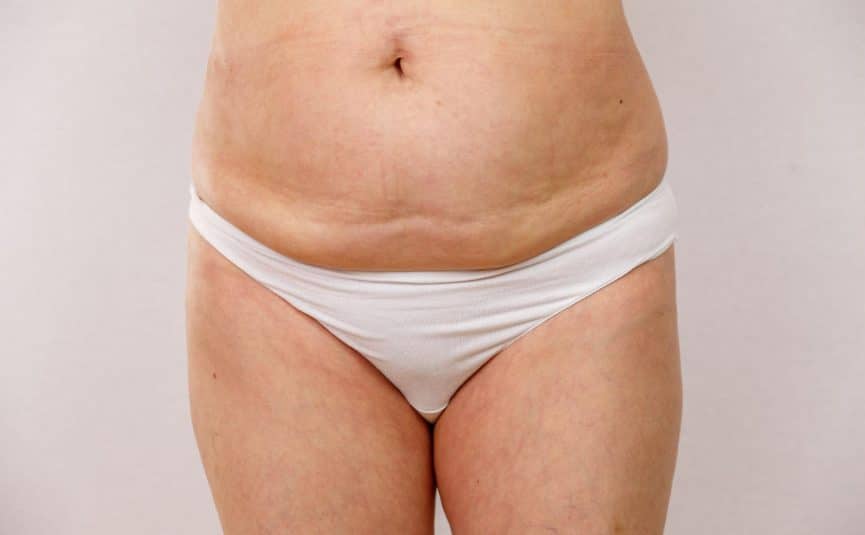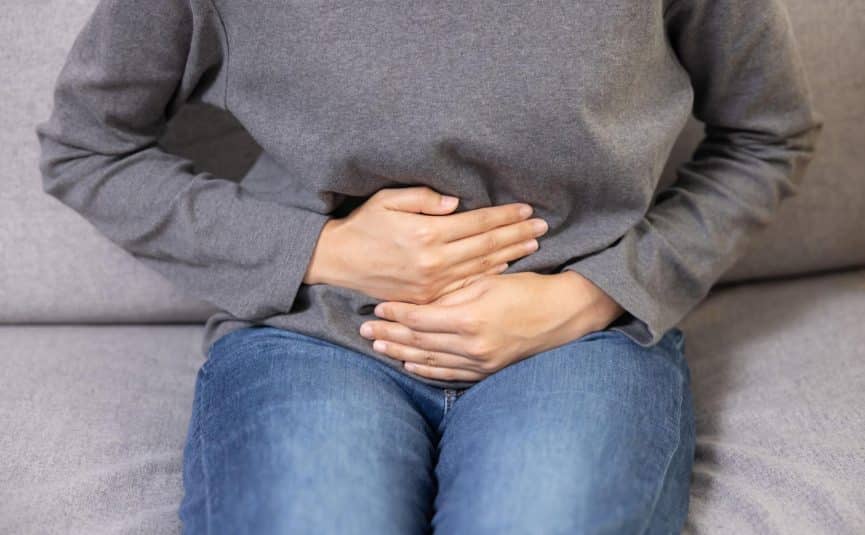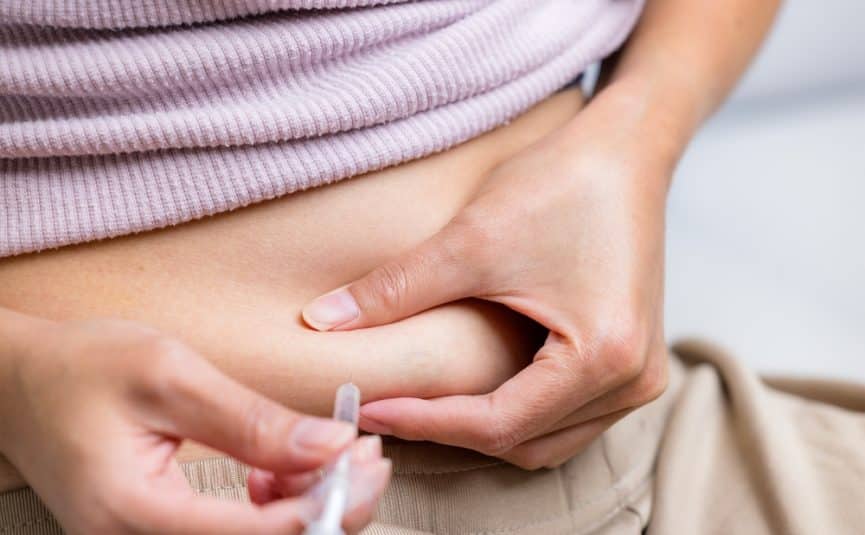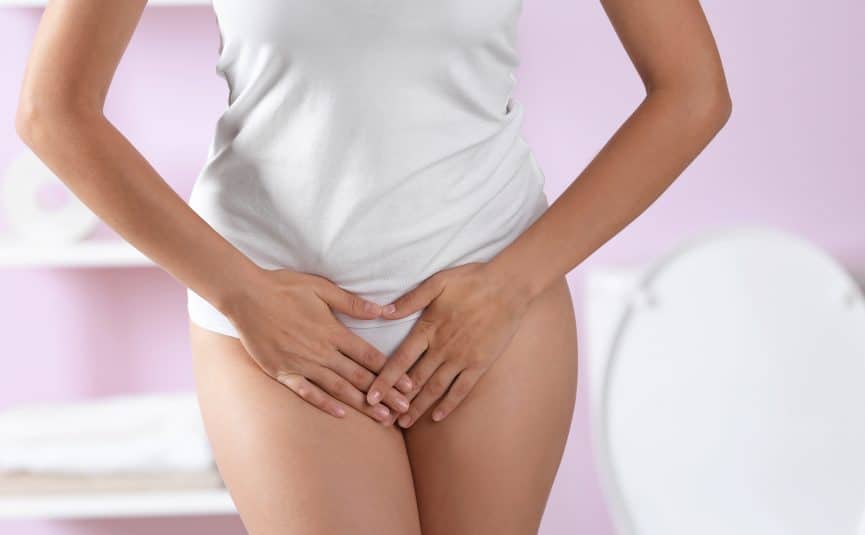East Melbourne VIC 3002

As with all areas of your body, there are obvious changes to the genitourinary system as you get older. The vulva, vagina and cervix all change due to the natural aging process. There are physiological and understandable reasons why these changes occur and the changes are a natural process.
The two main reasons for these changes include:
Lack of oestrogen after going through menopause – oestrogen hormone is responsible for maintenance of tissues particularly of the vagina and significant changes occur due to lack of oestrogen hormone which occurs after women go through menopause. The majority of these changes can be significantly alleviated by the use of menopausal hormone therapy if this treatment is indicated. The loss of natural supportive tissue, particularly due to the loss of proteins – collagen and elastin (the protein that is responsible for the elasticity in your skin including vaginal skin).
Changes to Your Vagina You May Notice As You Age
There are many changes that occur to your body as you age, that includes changes to your genitourinary system (vagina). Below we’ve listed the most common changes women experience during the ageing process:
Menopause
All of the symptoms that are described below are primarily due to or made worse by the lack of oestrogen production that occurs after menopause. Menopause is the physiological state where your ovaries reduce oestrogen production and this occurs at an average age of 52. Sometimes menopause can occur in younger women and often symptoms are more pronounced the earlier the menopause occurs.

Vaginal Drying
After menopause, you may notice that the vaginal skin becomes thinner and has less folds. This is due to lack of oestrogen hormone. There is also a loss of muscle tone that occurs in all organ systems as age. The vagina has a muscular component and the pelvic floor through which the vagina passes, also is made up of muscle, collagen and elastic tissue. All of these tissues are affected by age.
A lack of oestrogen hormone results in vaginal dryness as oestrogen is the hormone responsible for stimulating the production of normal vaginal discharge including lubrication during intercourse.
The vagina also contains what we describe as normal vaginal flora or protective germs that prevent infection. These germs are maintained by the presence of oestrogen hormone and therefore the normal protective environment is altered which can result in an overgrowth of bacteria called anaerobes. These germs are responsible for a distinctive odour and may produce a thin yellow discharge which can be irritating.
Changes to Your Pubic Hair
Because oestrogen hormone production reduces, there is a predominance of male hormone called testosterone. This may result in a loss of pubic hair so that your pubic hair becomes thinner and more sparse.
Similarly, just as the hair on your head becomes grey with time so may your pubic hair because of a reduction in the amount of melatonin or pigment in the hair follicles.
The labia itself becomes looser due to the sagging gravity effect on all tissues in your body but also because of the change in the proteins in your skin, particularly collagen and elastin. This is contributed to by a reduction in muscle tone.
Lack of Libido
A reduction in oestrogen hormone that occurs after the menopause may be responsible for a lessening of your libido or sex drive. There are hormonal methods to help this situation. This may involve the use of menopausal hormone therapy or more specifically with respect to libido, the use of testosterone or male hormone which is responsible for female libido. It can be given as a cream absorbed through your skin or as a patch.
Similarly, the lack of oestrogen hormone that occurs after the menopause can result in a narrowing of the vagina due to changes in muscle tone and elasticity and also vaginal dryness. These changes can result in intercourse becoming uncomfortable. In this situation, menopausal hormone therapy may be indicated or even more simply in many patients a local vaginal cream can be inserted initially every night for 2 weeks and then twice a week indefinitely. The cream or tablets called ovules provide oestrogen replacement for the tissues of the vagina and also help with improving lubrication.
The best lubricant to use whilst having intercourse is an oil based lubricant rather than a water based lubricant. Therefore, olive oil or coconut oil are very effective.

Urinary Tract Infections May Be More Frequent
Oestrogen hormone not only affects the tissues of the genital tract but also affect the part of the bladder called the trigone or base of the bladder. The effects of oestrogen reduction can result in an increased frequency of urinary tract infections. You may also notice urinary symptoms such as urinary incontinence, the need or urge to pass urine more frequently (urgency) and urge incontinence where urine starts to come away before you can make it to the lavatory.
Again, oestrogen replacement therapy can be very effective both systemically and locally. It is important to realise that oestrogen hormone used locally does not enter your bloodstream to any extent and can be safely used in women who have a contraindication to systemic hormone therapy such as in women with breast cancer or those who have had previous blood clots.
Muscles in The Pelvic Floor May Weaken (Prolapse)
The term prolapse refers to changes that occur in the supporting connective tissue and muscle tone that supports the pelvic floor. These changes include the reduction in oestrogen and the loss of supporting collagen and elastin in connective tissue. The reduction in muscle tone in the pelvic floor diaphragm may result in descent of the uterus in the vagina and/or bulging of the bladder and bowel into the vagina.
These symptoms need to be assessed and appropriate treatment options can then be discussed.
How To Manage Changes to Your Genital Tract as You Age
If appropriate, menopausal hormone therapy and/or the use of local vaginal oestrogen can help reverse many of the symptoms that have been described above.
Similarly, pelvic floor physiotherapy to improve the muscle tone of your pelvic floor is recommended and can be significantly aided with the assistance of a pelvic floor physiotherapist.
Urinary incontinence issues that arise with age can be improved both by the use of menopausal hormone therapy and local oestrogen, pelvic floor physiotherapy and assessment of your bladder function with a computerised test call urodynamics which diagnoses where the weakness that causes urinary incontinence is located. There are a number of medications and surgical procedures that can significantly improve urinary incontinence.
There is also significant evidence that the use of local vaginal oestrogen twice a week can both reduce the incidence of pelvic floor issues and help alleviate some of the symptoms of urinary incontinence.

Seek Medical Advice
Although the changes that occur in the genital tract with aging are physiological and inevitable, these changes can be distressing and impact on your quality of life. It is important that you seek help, assistance and advice if these changes are affecting you adversely.
Associate Professor Len Kliman has been involved in the care of women for over 35 years. He understands that these issues need to be taken seriously and will discuss both the causes of any signs and symptoms and the possible ways you can be assisted to alleviate distressing symptoms.
If you’d like to chat to someone about your symptoms or are currently based in Melbourne and would like to book an appointment with Dr Len then get in touch with our office today.










